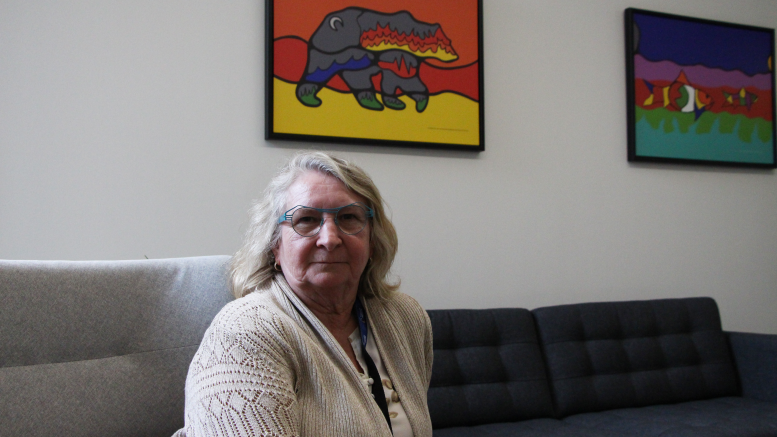The U of M’s faculty of education is taking a major step toward addressing the shortage of teachers in northern Indigenous communities. Backed by $1 million in funding from the Rideau Hall Foundation, the initiative will deliver a community-based bachelor of education program in partnership with Frontier School Division.
Marti Ford, associate dean of Indigenous education, explained that the project was designed to meet the needs of northern students and their families.
“We thought that if we can do a program that takes place in the community during the year, when they have jobs, they could be working as educational assistants, they could be on limited teaching permits, or they could be students who have graduated and have not yet decided what it is that they’d like to do,” said Ford.
A key feature of the program is that instruction will be delivered virtually and directly in the communities, reducing the need for students to relocate. During the summer term, students will gather in Cranberry Portage, where Frontier School Division operates a residence and facilities that can accommodate families.
“We can hire summer students or […] people to work with the kids, to do programming with the kids, almost like a summer camp, but also include elder teachings and a language component,” said Ford.
Training local students to become teachers has long-term benefits for these communities.
“They’re teaching their own children. They’re teaching their brothers, their sisters, their cousins, and then people will stay long term,” said Ford. “By keeping people in their communities […] we’re going to be able to educate locally […] provide jobs to people who are in the community and we’re also building that sustainability within the community.”
Similar northern teacher education programs have existed such as Brandon University’s BUNTEP in the late 1970s and the still-operating PENT program. Ford noted that students in those models often had to leave their families behind while studying in Brandon. The new approach aims to remove that barrier.
“If there is an issue within the community, often they have to leave and go back home, and it takes a long time to get there,” said Ford. “This program lets them stay connected to their families and their communities.”
The program will also incorporate Indigenous culture and knowledge directly into coursework. Elders and local community knowledge will be included in lessons, so future teachers are equipped to serve their own communities.
“There will be more focus on Indigenous culture, Indigenous values, working with elders regularly,” said Ford. “As for the rigour of an education program, it won’t be any different. The students still have to learn about curriculum […] teaching practices [and] how to create lesson a plan.”
Interest in the program is already building. According to Ford, First Nations have been reaching out for details, and the faculty of education has begun receiving calls from prospective students. This new program is expected to begin in September of next year.


